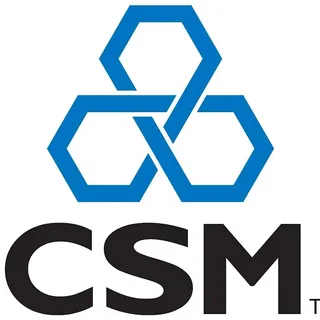One of the most respected certifications is Certified Scrum Master (CSM), and it is widely known around the world. It is important to consider whether you are intending to switch careers or upgrade your knowledge and skills after undergoing the Certified Scrum Master course. This article aims to highlight several main aspects of CSM and how it can boost your career opportunities.
Eligibility For CSM Certification
Before jumping into the prospects of post-CSM certification, it is important to understand the criteria for selection in the course. To be eligible for CSM certification, you must meet the following criteria:
- Basic Knowledge: However, a formal education is not necessary, but you have to know the basics of Agile principles and the Scrum framework. Self-study, together with some introductory courses, is able to impart this knowledge.
- Attend A CSM Workshop: This requires attending a two-day Certified Scrum Master training workshop facilitated by a Certified Scrum Trainer (CST). This workshop will equip participants with a working understanding of Scrum practice and principles.
- Active Participation: Attend the workshop activities, contribute to discussions, and complete the assigned tasks. This practical understanding of Scrum can only be accomplished through this hands-on experience.
- Pass The CSM Exam: Once you finish the workshop, you will be required to take the CSM test. It includes various multiple-choice questions based on your understanding of Scrum. You must get a minimum score in order to pass the exam and obtain your CSM certification.
After Attending A Certified Scrum Master Course
- Scrum Master Roles: The title also indicates that a CSM has the capacity to assume the function of being a Scrum Master in an organization. Scrum Masters are critical in ensuring that Scrum principles are implemented and teams perform effectively. They support scrum ceremonies, remove impediments, and coach team members.
- Agile Coach: With a CSM certification, you can be an agile coach. Agile coaches help organizations adopt an agile approach and a continuous improvement culture. They lead teams and stakeholders.
- Product Owner: CSM training equips you with essential knowledge and skills that make you an ideal candidate for the PO position. The product owners define and prioritize the product backlog so that the team delivers the most valuable features.
- Higher Earning Potential: CSM-certified professionals tend to be rewarded with higher salaries as compared to those who are not certified. As time goes by, the demand for Agile and Scrum experts continues to increase, and CSMs are among these valuable assets in the job market.
- Global Recognition: The CSM certificate is international and proves your dedication to Agile and Scrum. Recognition has no borders and can lead you to numerous prospects not only in your area but also globally.
Conclusion
Finally, the CSM certification is a good thing for anyone who is keen on agile project management. Having the certification and meeting the eligibility criteria will open up various career opportunities, like becoming a Scrum Master, an Agile coach, or earning a higher salary. The CSM certification is a worldwide credential that will extend your career opportunities after Certified Scrum Master Course in the always-changing world of Agile and Scrum.

